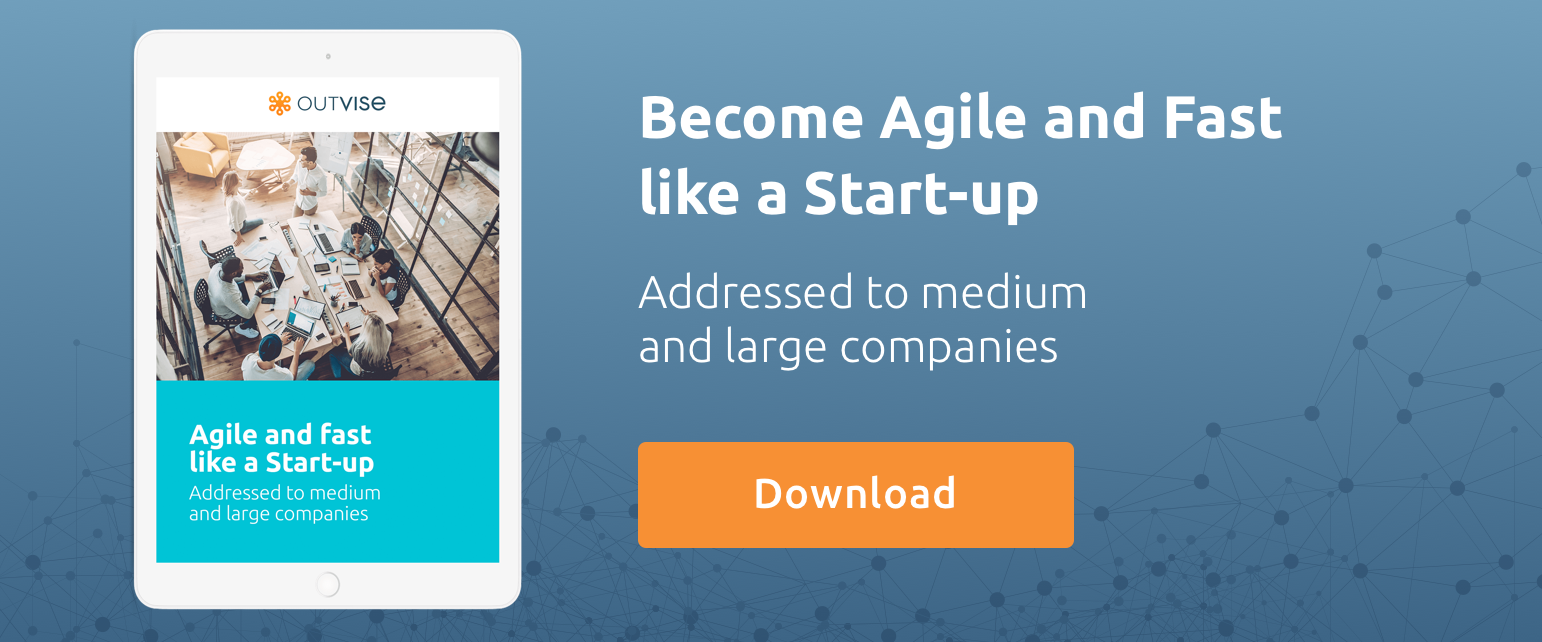There are different terms, which might sound similar, but does not mean the same. Head of Digital or Chief Digital Officer and Chief Data Officer. These both titles share the abbreviation CDO, but the two are not the same job. The difference lies in the way he contributes to the company’s strategic goals and their achievement. The Chief Digital Officer leads the digital transformation of the company, engages in public relations, acts as an innovation radar and sets the digital strategy. He is responsible for the information systems through which data is stored and processed. Whereas, the similar-sounding Chief Data Officer has a significant measure of business responsibility for determining what kinds of information the enterprise will choose to capture, retain and exploit and for what purposes. He defines the information and analytics strategy and ensures compliance, ethics, quality, security, privacy, and governance of data.
Here we focus on the role and key values of the Chief Data Officer in modern organisations. Through the last decade the mission of the Chief Data Officer as a person in any company has shifted from risk mitigation to creating business value with data assets. “Enhance data quality, reliability and access,” “enhance analytical decision making” and “drive business or product innovation” are the top three business expectations for the data and analytics team in Gartner’s CDO study. [1] Those businesses, which realise the role of the data as an asset and have on an executive level a responsible data leader are better prepared to seize opportunities and minimize risks than companies with no clear data driven strategy. A Chief Data Officer (CDO) not only sets up a data strategy to meet current needs but also creates the data based plan to ensure that the company will drive value and will make data-driven decisions in the future.
Nowadays companies possess or have access to loads of different data and digital analytics insights about their clients, product performance, market situation, competitors etc. But they rarely manage this information successfully. That is why CDOs play a key role in helping enterprises take care of the data they hold, have access to and use. CDO’s role is to help businesses to understand the value of this digital asset, and to help to enable it to be minded for the development and competitive advantage. Gartner gives predictions, that “by 2022, 30% of CDOs will partner with their CFO to formally value the organization’s information assets for improved information management and benefits. By 2023, data literacy will become an explicit and necessary driver of business value, demonstrated by its formal inclusion in over 80% of data and analytics strategies and change management programs.” [2]
Two other Chief Data Officer messages to consider developing:
- In today’s competitive landscape it is crucial to master all data from company activity to be able to react on time and to be agile enough to remain competitive. The companies which do not master their data would not be able to survive in the mid term or will lose significant market competitiveness.
- Moreover, as AI technologies are becoming more common, companies who do not have a proper control of their data will not be able to use AI solutions when the AI wave hits their sector or industry. If missing the AI train, it will be very difficult to for them to cath up in the future
Let’s go through the core responsibilities and characters where a CDO must demonstrate competence, knowledge and dedication to build a successful career and drive the value for organizations through its work.
- Create Business Value. A CDO should focus on creating a value from the data and analytics insights for the business. To accomplish this he should clearly know the business needs, goals and strategies, and understand which data will be meaningful for important business decisions. Therefore he should have a permanent exchange with the whole C-level team of the organisation and clear communication on these topics, to be able to create the needed value for the business.
- Establish a Data Culture. It is a big and not fast process which involves the change in the mindsets, establishes workflows and routines. It has a huge impact on the work of the whole organisation, because it involves usage of the data on all business levels, which creates a solid basis for all decisions made. This process includes many other components, which can help by the creation of the data culture.
- Promote Data Literacy in the organization. It is an important ability to read and understand the data and create insights and meaningful conclusions based on it. This also includes good presentation and data storytelling skills, which helps all company members to understand the information and it’s business value.
- Promote Self-Service for Data Usage and Digital Analytics. CDO should provide to the colleagues on different levels of the organization easy access to the data, remove possible bottlenecks and establish the balance between the data accessibility and its safety (concerning private and sensitive data) at the same time. This process also includes diverse educational measures for the business units, so that they know how to find and use the data they need without a dependency on other units such as the IT-department or digital analytics team.
- Cooperate with the C-level Colleagues and other Business Stakeholders. CDO should have an influential voice by the decision making activities across the entire company. Data insights can only become an enterprise asset when data achievements resonate with the C-level peers and important business stakeholders. Therefore a CDO should have a clear and open communication with all of them.
- Build advanced Data and Analytics Maturity in the organization. All organizations can be on different levels of data maturity and it is not only the task of a CDO but the whole organization to follow the data strategy and grow together. CDO can take a leading function in this process, define the current status and create the plan of the development. The lower level starts with keeping the data reports and not using them in the business, continues with reporting on data, deep analyses of such reports, understanding of causes and effects, creating the data-based predictions and ends with driving the innovation based on all accessible data assets.
- Data Governance and Data Quality. It is not enough just to have access to the data sources or store some business critical data. CDO should also take care of the data governance and quality assurance. Companies should take full ownership for ensuring the data meets corporate quality standards. Since important business decisions will be made based on data insights, the reliability of the data should be on a very high level. Here lies a big responsibility and the same time power of the CDO in his role by providing the strategically important data for the business.
- Data Protection. This connects to the previous responsibility of a CDO, but has a focus on preserving the private and sensitive data from the unwished leak and acces. The continued growth of new data protection regulations, including the European Union’s General Data Protection Regulation (GDPR), California’s Consumer Privacy Act (CCPA), and New York’s Cybersecurity Requirements for Financial Service Organizations should alarm organizations to establish the strong data protection and enable them to take responsibility for this. Data security and only authorised accessibility are also important parts of data protection and a CDO should raise the awareness on such topics throughout the organization.
- Promote Data Ethics, which is focused on the appropriate usage of the data within the organisation and in the communication throughout the business. The CDO should have a role of an advocate of the data ethics and raise the discussions on this topic within the organisation to clarify the ethical frames for the business.
- Eliminate Data Possessiveness. Dat should be easily shared and communicated throughout the organisation, it belongs to everyone and should bring the most use to all the business units. Metadata and knowledge sharing help to understand and use the data insights the most effective way and at the same time help to avoid the misinterpretation and misunderstanding. The CDO should encourage and lead the data accessibility, translation and sharing to avoid data territorialism within the organisation.
Conclusions
Our existence in an information era with the data as one the most important assets for the business enhances the importance of the role of the CDO in any modern organisation, which is going to grow, develop itself, use modern technologies and make data driven decisions. The CDO is one of the biggest allies in such an organisation to ensure the appropriate data access, usage and communication for the best possible business value.
Until now, having a proper CDO role set up was already perceived as a relevant competitive advantage, however you need to consider that in the future it could become a critical survival issue for your organisation.
Sources:
- Gartner’s 2018 Fourth Annual Chief Data Officer Study
- https://www.gartner.com/doc/reprints?id=1-1OBMC46L&ct=190726&st=sb
Self-made digital analytics expert with a double masters degree in library science and information management. Olga is a successful freelancer with over 7 years experience working with some of the worlds best known brands, including Daimler, Audi, RedBull and Esprit. She is passionate about everything data, self-development and loves being outdoors and fitness.





No comments yet
There are no comments on this post yet.